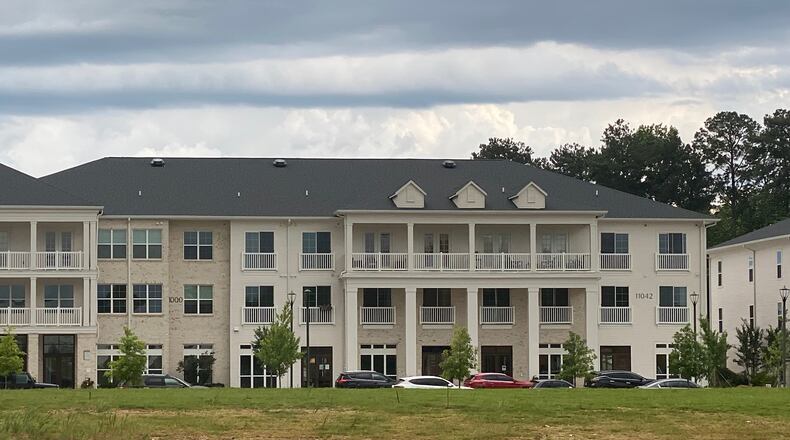Roswell has made changes to a city code that puts limitations on how new apartments are built.
Around midnight Monday, City Council approved amendments to its Uniform Development Code that now require new apartments to be part of a mixed-use development that includes retail or commercial space.
Council’s unanimous vote following more than two hours of discussion and public comment means developers can no longer build standalone apartment communities, and applications for rezoning to residential multifamily communities will not be accepted.
Councilmembers say that Roswell, with the exception of the historic downtown district, is starved for redevelopment and their goal is to transform the city into a destination for the kind of live, work, play projects that draw people to Alpharetta.
Councilman Mike Palermo said Roswell has been inconsistent in what it wants to build compared to Alpharetta, which has a development code similar to what Roswell adopted.
“We need redevelopment that’s going to be sustainable,” Councilman Mike Palermo said during the meeting. “We need something that is going to activate our areas; make the people of Roswell proud to be ... spending time throughout the city, not just downtown.”
Palermo added that the amendment will save developers who want to build only apartments money and time. Otherwise, they would submit an application and go through a costly and lengthy process only to be denied, he said.
The measure has stirred controversy among residents since it was first introduced in February. Many in opposition said during public comment that they expect prices for all housing types to escalate and squeeze out teachers, police officers and others who want to rent or own a home in the city. Those opposed to the amendment change also said the move will make Roswell a less inclusive and diverse city culturally, and asked about the results of a racial equity study that former Mayor Lori Henry promised in 2020.
“We all benefit from living in a community where everybody is welcome,” resident Laurie Randall said during public comment. “When I hear people in metro Atlanta talk about where can I find a place to live, I want to be able to welcome them to my neighborhood ... to say here’s an affordable place to live. I don’t want to be saying, ‘Oh here’s an aspirational city. I hope you can aspire to live here one day.’”
Resident Sally McKenzie, administrator of the Facebook page Citizens for Responsible Development in Roswell, lauded the new development rules.
“We want a bright future for this city and it is struggling right now,” she said.
About the Author
The Latest
Featured


